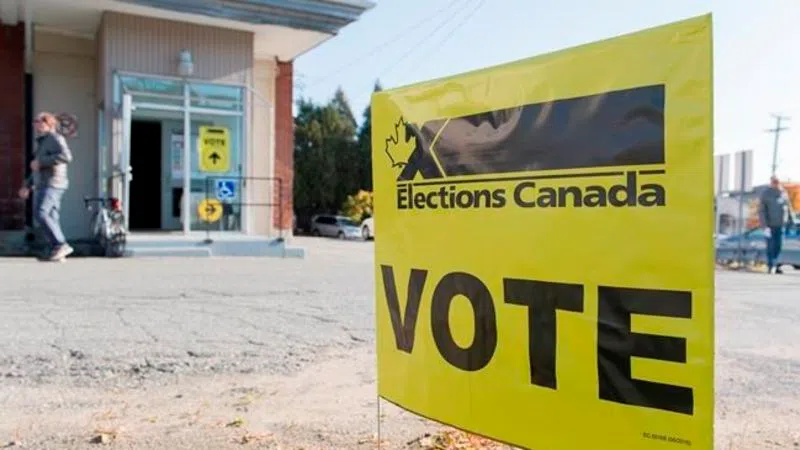
‘Battle for Quebec’ to be decided today amid climate of renewed nationalism
MONTREAL — After weeks of wooing Quebec voters, Canada’s would-be prime ministers can only wait for the ballots to be counted in a seat-rich province that could determine the outcome of today’s federal election.
In 2015, Justin Trudeau’s Liberals sailed to their best showing in the province in decades as they won 40 of the province’s 78 ridings.
But the latest polls in the province show the Liberals fighting to maintain a narrow lead against a resurgent Bloc Quebecois, who have rebounded from an internal crisis last year to bound their way up the polls based on appeals to Quebec nationalism and the solid leadership of Yves-Francois Blanchet.
All major federal party leaders have campaigned heavily in Quebec, whose high seat count and fickle electorate — who have tend to vote as a bloc — have made the province a potential kingmaker.
